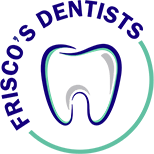Due to severe hormone changes, pregnant women are at risk for numerous health problems, such as gestational diabetes and preeclampsia. Pregnant women also need to be aware of a dental health risk with their pregnancy, pregnancy gingivitis. Pregnancy gingivitis occurs in roughly half of all pregnant women thanks to their hormone changes. If well monitored, it can end shortly after delivery. If not, it can develop into full-fledged periodontitis during pregnancy and lead to premature birth.
How can I prevent pregnancy gingivitis?
The increased hormone levels make it easier for decay-causing bacteria to take up residency in your mouth, but there are several things you can do to make the conditions less hospitable.
- Practice good oral hygiene. Doubly make sure that you brush your teeth twice a day and floss every day. Since bacterial plaque is more likely to build during pregnancy, it becomes crucial that you brush and floss regularly.
- Cut down on sugar. We understand that you have cravings and strange aversions to foods you normally eat. However, if you crave sugary foods and eat more sugar than you do anything else, you’re putting yourself at a higher risk. Do your best to curb down how much sugar you eat, and brush and floss after each time you snack on something sugary.
- Chew Xylitol gum. Chewing Xylitol gum helps cut down on tooth decay, and it can be essential if you crave sweet foods. Many studies recommend that pregnant women chew Xylitol gum 3-4 times a day.
- Treat existing dental problems. Treating your existing dental problems is completely safe during your pregnancy. If you let current tooth decay ride out, you’re only putting out the welcome mat for gingivitis and severe periodontitis.
If you’re concerned about your dental health during your pregnancy, talk to your dentist and even your doctor if you’re concerned about treatment. If you’re already due for your bi-annual cleaning, be sure to tell your hygienist that you are pregnant so that they can be on the lookout for potential signs of pregnancy gingivitis.


